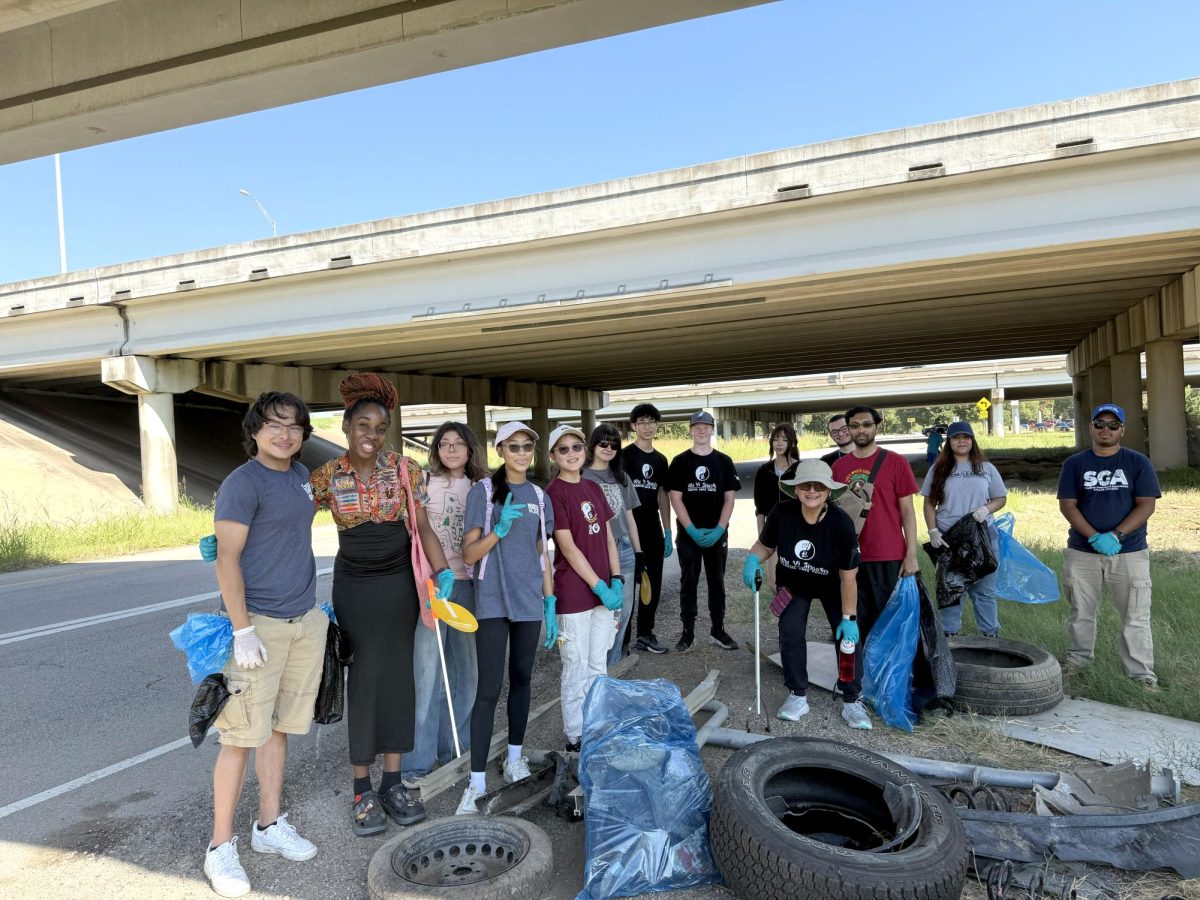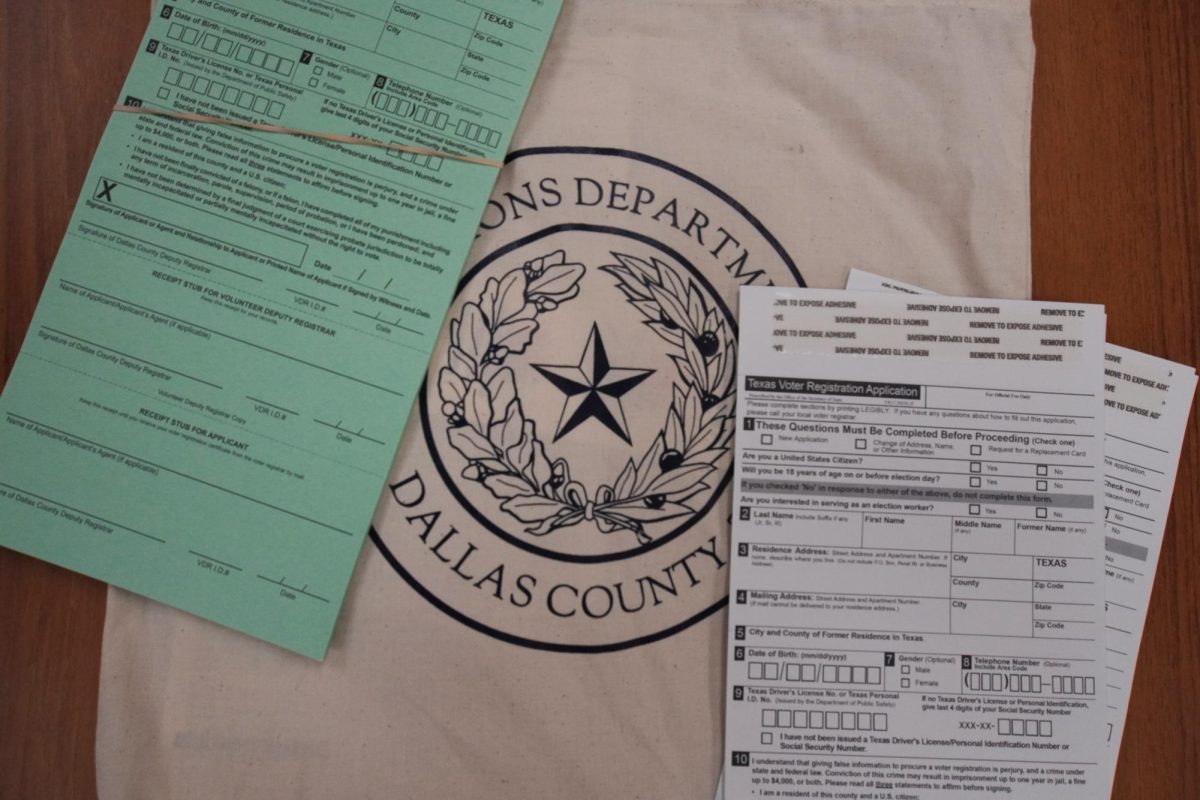Dallas College recently put a stop to recycling plastic bottles on campus and is only recycling aluminum cans. Some students wondered about the change.
The Dallas College Sustainability Team gave us insight into their decision.
“Decisions were made regarding single-stream recycling, not plastic bottles specifically,” Facilities Coordinator of Energy Management and Sustainability Ted Spradley said.
“On several occasions people have witnessed the same vehicle servicing both landfill trash and recycling dumpsters at the same time.
When the waste hauler was asked about this, we were told that if their designated MRF (Material Recyclinsg Facility) is at full capacity, they will not accept any more recyclables and so to conserve gasoline and operator time, they use the landfill truck.”
Spradley says they have located one company willing to recycle plastic soda bottles properly, but that would require the campuses to store the empty bottles for an extended period, which attracts pests.
“The best way to reduce the plastic bottle waste we send to the landfills is to prevent them from entering our campuses,” Spradley said.
“We greatly favor aluminum cans due to how well they fit into our established recycling processes.”
Concerns over the impact of plastic on the environment are not limited to Dallas College.
According to The Associated Press, the State of California recently sued ExxonMobil, a Dallas-based company, accusing the company of “deceiving the public for half a century by promising that the plastics it produced would be recycled.”
Despite the package labeling, the suit claims that less than 5% of plastic is recycled.
Consumer efforts to separate plastic water bottles and containers in plastic recycling bins failed to be effective with a majority ending up in landfills and the ocean contributing to what they call a “global pollution crisis.”
One of the world’s largest plastic producers, ExxonMobil blamed California for its failed recycling program.
Dallas College is considering removing plastic bottles from vending machines all together.
They want to make sure items are recycled properly.
According to Spradley, as much as 40% of plastic collected for recycling goes to landfills and much of it is incinerated.
He said the State of Texas does not offer incentives and, as such, there is a severe lack of companies willing to engage in these services.
Spradley cites a good relationship with a metal scrap recycling vendor and notes that recycling aluminum will bring money to the college, which will go to the Dallas College general fund.
He notes that recycling is just one aspect of sustainability.
North Lake Campus hosts a vegetable garden that, with increased capacity, will offer locally grown produce to students through the food pantry.
Eastfield and Cedar Valley Campuses already have active programs.
Campus fleet vehicles have been replaced with hybrid trucks and campus police are testing full-electric vehicles.
The campuses are also planting trees and finding new ways to manage waste responsibly.
“Making operational improvements to the recycling program overall will have a positive impact for Dallas College,” Spradley said.
“In the end, we will have a recycling program that has more transparency and will be one where we have a high degree of confidence that materials are truly being recycled.”
The News-Register supports those efforts.



















